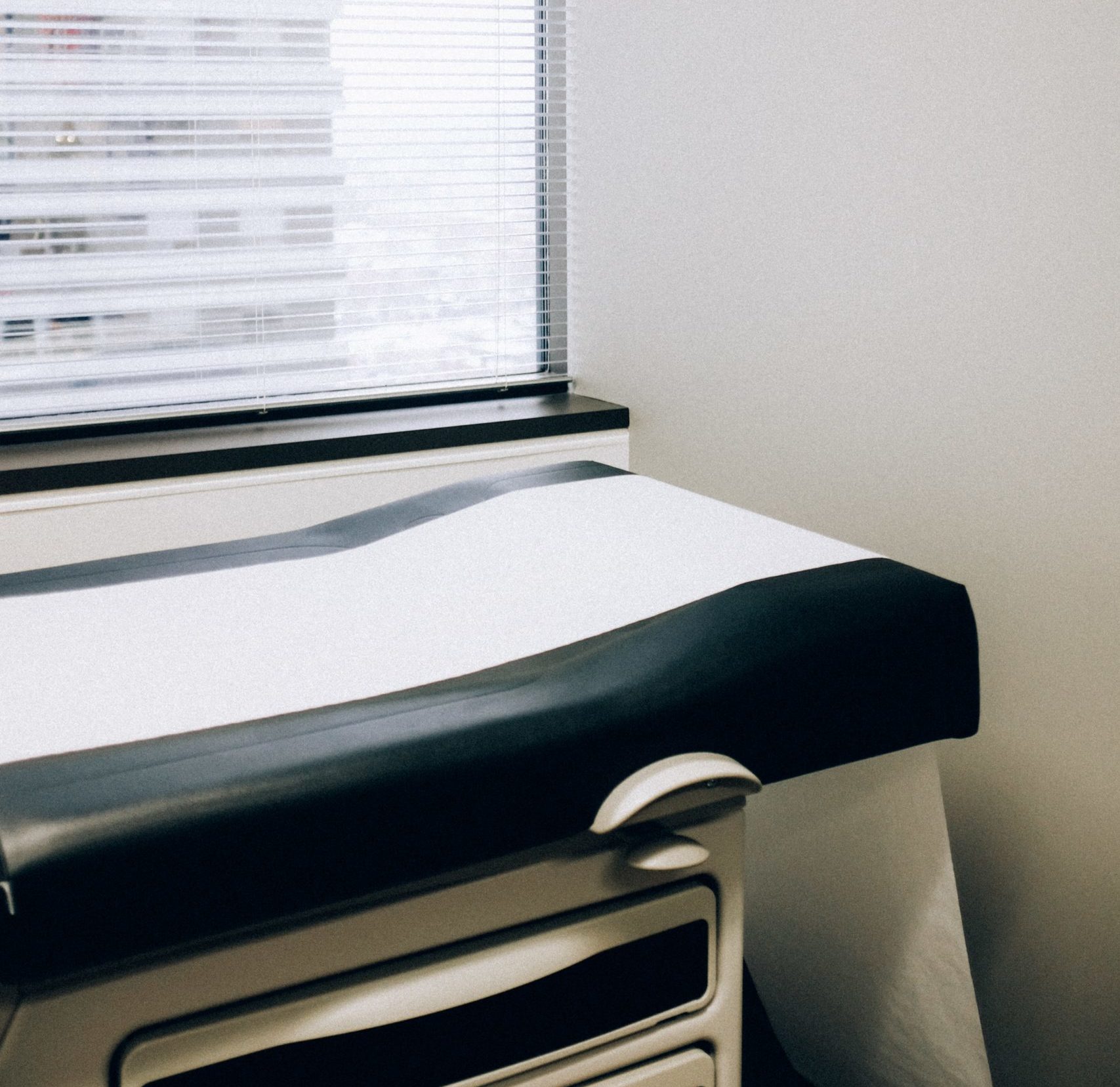Why do I look/feel 6 months pregnant after I eat? I’ve been asked this question more times than I can count. And I can understand why – bloating can be really uncomfortable & distressing.
Sometimes it’s the people that are working the hardest on improving their diets that actually get the worst GI symptoms. Why is this?
The wellness industrial complex would have you believe that the solution to your bloating is expensive probiotics, supplements, cleanses, food sensitivity tests & elimination of gluten, sugar, nightshades & who knows what else.
Here are just a handful of alternative causes you might consider:
1. Your Healthy Diet.
I have so many patients that come to me saying they’re eating “clean” (can you tell I hate that word?) and they’ve cut out everything “bad,” so why on earth are they even more bloated than before?
Here’s an inconvenient truth – diets high in fiber-rich, raw fruits and veggies tend to result in more gas than diets high in simple carbs (which are very easily digestible). It’s important to remember that gas/bloating is NOT always a sign of something bad (and fear/anxiety around it can actually amplify & perpetuate the symptom).
So do you just have to “live with it”? No! Read on..
2. High FODMAP Foods
Even among healthful, whole foods, there are some, those high in FODMAPS, that are more difficult to digest & more likely to cause problems for people with sensitive bowels. These should be the ones you start tracking closely and considering eliminating if they seem to be triggers for you.
Most people immediately blame gluten or sugar and assume they need “food sensitivity testing” but the reality is, keeping a food diary to identify YOUR triggers is usually far more helpful than eliminating large categories of food based on faulty data or no data at all.
3. Swallowing Air
Yes, you might have to put down the La Croix (or the champs… or the Diet Coke).
Most people know intuitively that drinking carbonated beverages can increase gas and bloating but many don’t realize that drinking from straws and chewing gum can also lead to swallowing more air.
So now it may make more sense why someone who grabs a big healthy salad and a sparkling water for lunch can feel crappy by mid-afternoon despite making good choices!
4. Artificial Sweeteners
Splenda and Truvia will spare you some calories but because they are incompletely digested, they are also more likely to be fermented into gas.
Even fructose in the natural form of honey & agave (in addition to unnatural, high-fructose corn syrup) can be more irritating and gas-producing than plain sucrose or glucose.
Stevia, aspartame or monkfruit extract seem to be the best options for sugar-free sweetening (if that’s your jam).
5. Stress
Did you know your gut has it’s own nervous system? It’s called the enteric nervous system and it is in constant communication with the brain.
For many people, this line of communication is strong, and whatever is happening in their head has the ability to slow things down, speed things, up, alter blood flow, stimulate enzyme release, trigger spasms, and so on.
This does NOT mean that the bloating or pain are “in your head.” It just means that your body is wired with a sensitive brain-gut connection. (Many of these patients are wired to be sensitive in other ways as well.)
I hope you’ll see a few themes emerging here:
Unpleasant symptoms don’t always mean you have a serious problem that needs an expensive treatment
Taking a good, hard look at our choices & habits is often more effective than throwing $ at a problem
Understanding what’s happening in our bodies can help reduce fear & anxiety around symptoms (which tend to make things worse if they go unchecked)


